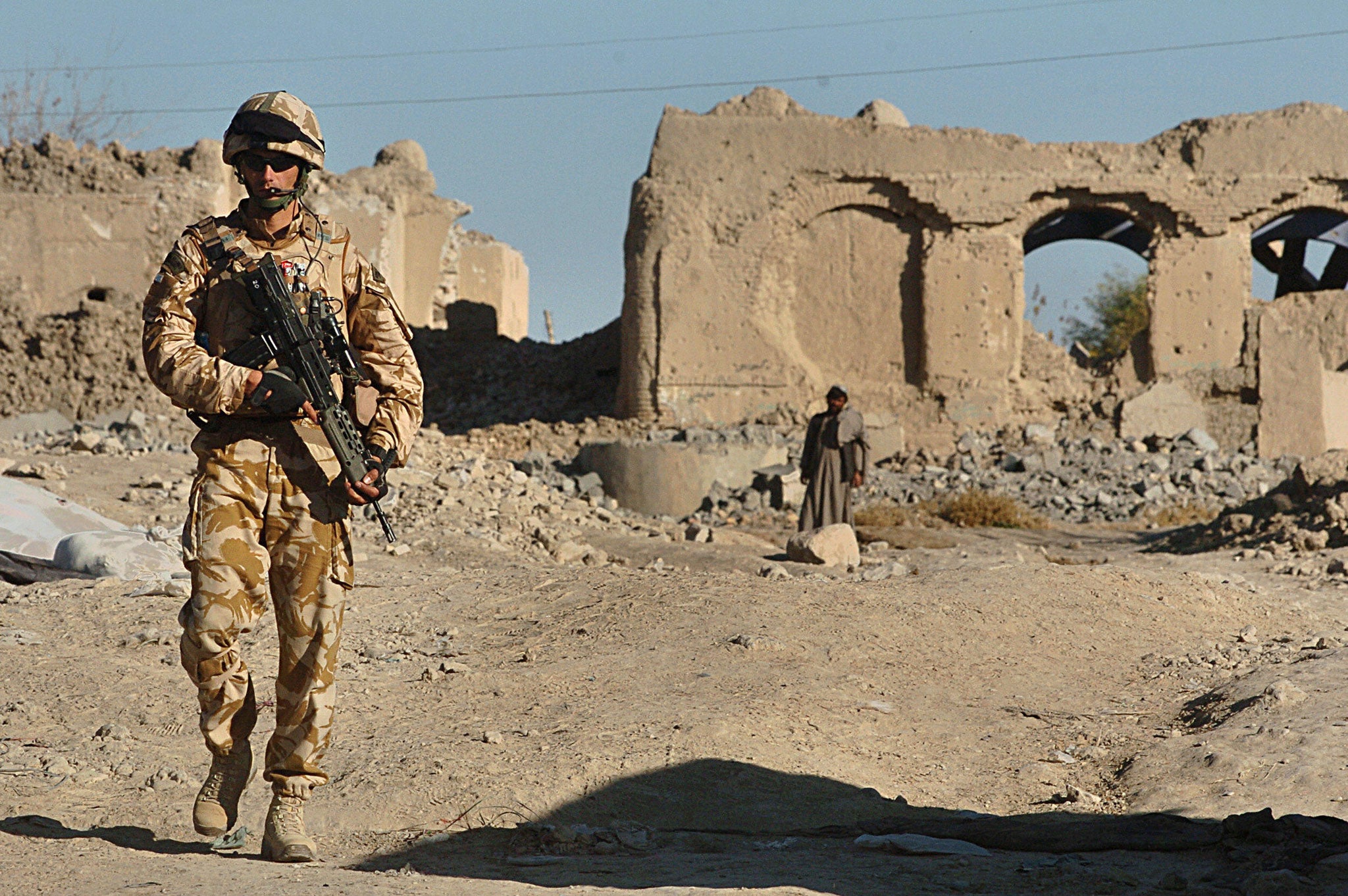From the military to the NHS - maybe a compensation culture is just what we need
Negligence lawyers are not so ghoulish as popular imagination makes out

Your support helps us to tell the story
From reproductive rights to climate change to Big Tech, The Independent is on the ground when the story is developing. Whether it's investigating the financials of Elon Musk's pro-Trump PAC or producing our latest documentary, 'The A Word', which shines a light on the American women fighting for reproductive rights, we know how important it is to parse out the facts from the messaging.
At such a critical moment in US history, we need reporters on the ground. Your donation allows us to keep sending journalists to speak to both sides of the story.
The Independent is trusted by Americans across the entire political spectrum. And unlike many other quality news outlets, we choose not to lock Americans out of our reporting and analysis with paywalls. We believe quality journalism should be available to everyone, paid for by those who can afford it.
Your support makes all the difference.The sound of talons rubbing together gleefully, punctuated by bouts of maniacal laughter, must be nigh-on deafening in the negligence firms of Chancery Lane this morning. It has been a good few days for them. Not only is the British military now “open for business”, so to speak, after a landmark Supreme Court ruling declared that families can sue the army if a soldier is killed on duty, a spate of compensation claims are sure to follow Sunday’s declaration that “a rotten NHS culture” was to blame for cover-ups of appalling mistreatment in Morecambe Bay. Bloody as the work may be, the opportunities here for negligence lawyers – better known as ambulance-chasers – are legion.
That makes people uncomfortable. It will add to the fear that Britain has picked up America’s lawsuit-happy culture, where no citizen trips over their shoelaces without an attorney appearing by their side. There is some truth to the stereotype (as the proliferation of “had a fall?” advertising spells out). But the suspicion that vampyric lawyers inciting fraudulent claims are at the heart of our “compensation culture” is really only that – a suspicion (one dismissed by the only comprehensive survey of claims yet carried out). In fact, the arrival of a so-called compensation culture deserves cautious welcome.
Take the military, first. Top brass bleat that Tuesday’s Supreme Court ruling will tie the army up in a cats-cradle of legal action. They paint a picture of troops kept in after nightfall in case – heaven forefend – the enemy takes a mind to try something unsafe, like shoot at them. One commentator went so far as to say the British military may be finished as a combat force. Again the anxieties aren’t ludicrous, but the truth is more prosaic. By extending European Human Rights law to cover the battlefield – a decision that came after three soldiers were killed by IEDs in Iraq while driving poorly-armoured Snatch Land Rovers – the court has simply added to the increasingly high price we place on soldiers’ lives; surely something to be applauded.
The same goes for the NHS. Citizens fork out tax for quality healthcare – they deserve redress if what they get leaves permanent damage. While it is indeed worrying that almost one-fifth of the NHS budget, some £19bn, will soon go towards paying compensation, there are two ways to reduce this. One, award pay-outs to surviving patients on the basis that they seek treatment once again on the NHS, not in private care. Two, as with the army, work harder to prevent mishaps.
Some negligence lawyers are indeed the ghouls of popular imagination. But the majority serve good purpose: giving voice to the Titcombe and Ellis families of this world who, through institutional failure, lose a child.
Join our commenting forum
Join thought-provoking conversations, follow other Independent readers and see their replies
Comments